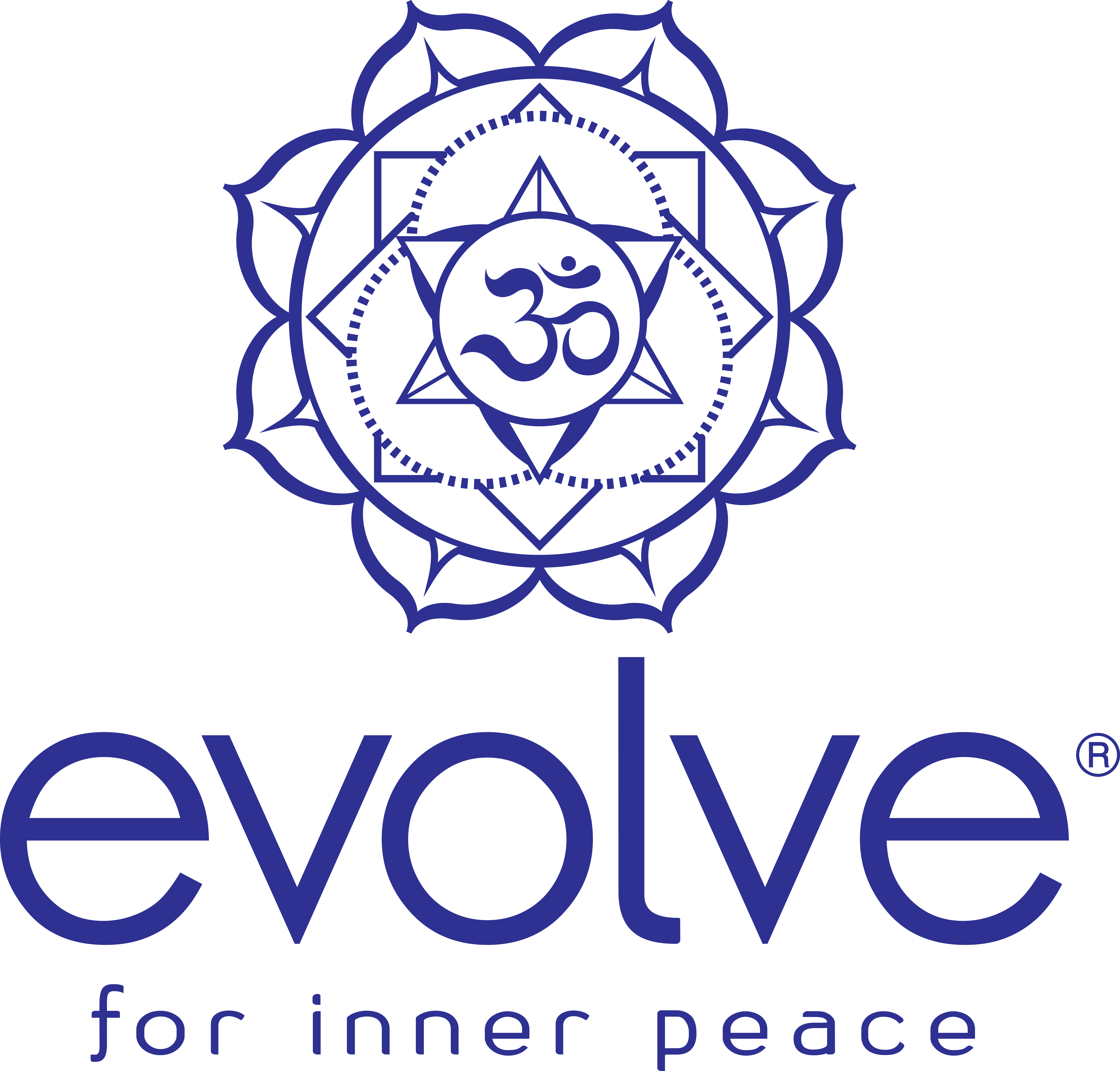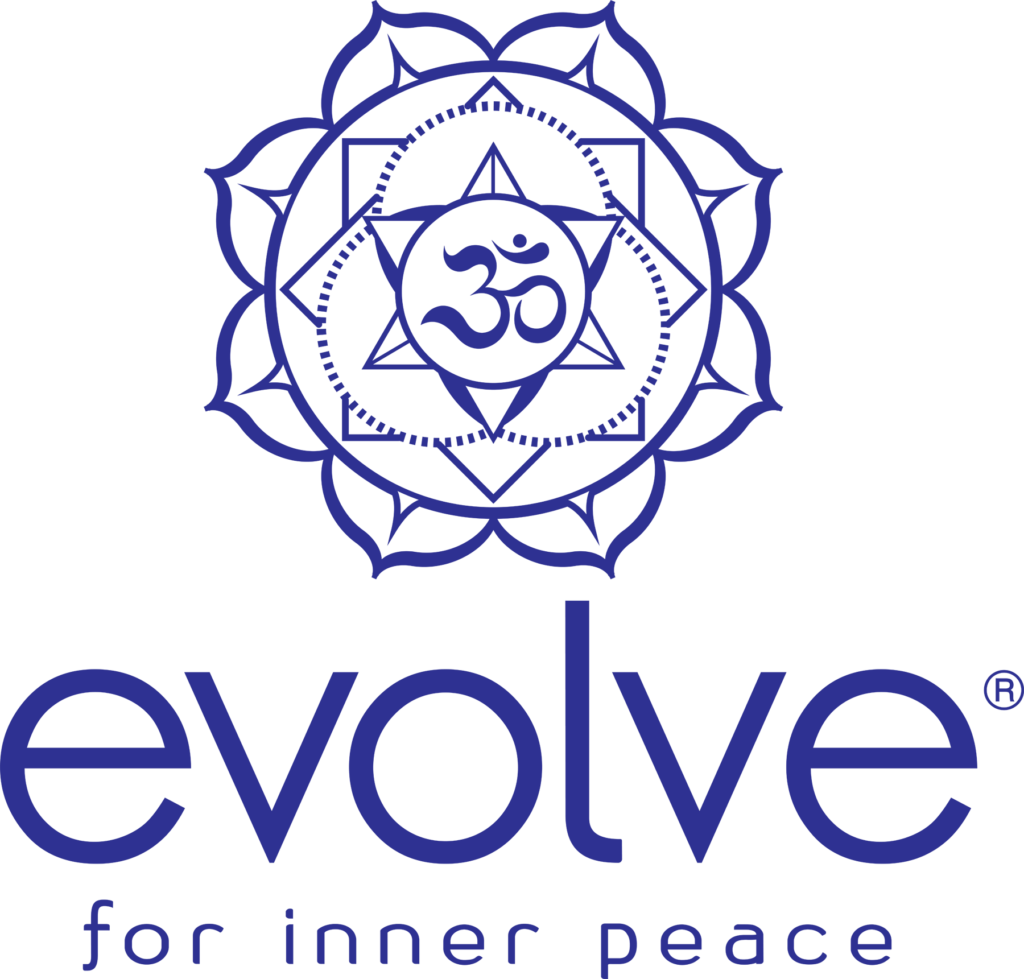 There is one key to looking at the world that is guaranteed to send your personal development into a skyward bound, rocket propelled, spiral of meaning (and sometimes even joy). This magic bullet so to speak, is actually a practice comprised of practical application of modern philosophy and aimed at the consistent cultivation of what I call an “Integral Lens”.
There is one key to looking at the world that is guaranteed to send your personal development into a skyward bound, rocket propelled, spiral of meaning (and sometimes even joy). This magic bullet so to speak, is actually a practice comprised of practical application of modern philosophy and aimed at the consistent cultivation of what I call an “Integral Lens”.
Now, I was introduced to integral theory by my good friend David Rainoshek of JuiceFeasting.com, and if you haven’t seen any of his work yet you are in for a world of pleasant surprises, I assure you. But when David first introduced me to integral theory, to be honest, it was a little much for me! I thought it was too intellectual and lacking the emotion and heart centered passion that is so important to me.

It took a little while for me to get over my preconceptions, but once I did, a whole new world opened up to me! I soon realized that Integral Theory was heart center PLUS mind power! I could literally feel my world changing as I fluctuated between periods of great joy and gratitude and periods of cynicism and anger. Long held beliefs were maturing and I was going through what I would now call, “spiritual growing pains” the likes of which I hadn’t felt since I was an idealistic teenager!
 In short, My work became more meaningful and more profitable, My relationship deepened and became my Marriage, My friendships and family life became more intimate, and my Soul was deeply enriched by a powerful connection to God. But, before I get too carried away with my own story, let’s talk a little bit about what an “Integral Lens” is, and exactly how it can help you in your own life!
In short, My work became more meaningful and more profitable, My relationship deepened and became my Marriage, My friendships and family life became more intimate, and my Soul was deeply enriched by a powerful connection to God. But, before I get too carried away with my own story, let’s talk a little bit about what an “Integral Lens” is, and exactly how it can help you in your own life!
What I call the “Integral Lens” is based on the work of American philosopher, Ken Wilber. It is, in short, a way of interpreting the world with the assistance of some of the leading ideas in modern philosophy. What we are aiming to do when we look at the world through an integral lens, is to broaden our understanding of common events and interactions, and develop a higher perspective that, much like standing on a mountain top, gives you the ability to see much more of the truth about where you stand in the world.

I like the mountain top analogy because it holds true in many ways. The “Big Picture” from the mountain top is not the most detailed picture, but you can see the major features like the rivers and towns. Now, if you are looking at the way you came up, (the life you have lived so far) you don’t need to see all the details because you’ve been there and you know them. If you are looking at new territory, (where you want to go in your life and personal development) you can figure out which paths look most promising without needing all the details because, again, you can see the major features.
 So, how do we develop this broader perspective? Well there are many ways, but to date, the most comprehensive, healthiest and safest way I have come across is integral theory.
So, how do we develop this broader perspective? Well there are many ways, but to date, the most comprehensive, healthiest and safest way I have come across is integral theory.
Up until about a year ago I would have said Meditation is the key element, and for my own growth, and at that particular time in my life, I was right – I needed meditation more than anything else. However, Integral Theory includes meditation without giving it sole dominion over all other aspects of life. Integral theory includes the body, the emotions, the mind, the soul and Spirit Itself, as well as the manifest world, interpersonal relationships, culture at large, social systems such as governments and modes of production. In fact, I would be hard pressed to think of anything that doesn’t have a place in Integral Theory, which is why they call it Integral.
It integrates everything.
 Ken Wilber is famous for saying that, “Integral Theory is based on the premise that no one is smart enough to be 100% wrong.”
Ken Wilber is famous for saying that, “Integral Theory is based on the premise that no one is smart enough to be 100% wrong.”
At it’s core Integral Theory is a powerful developmental model that attempts to find the partial truths of all proposed ideas and systems and weave them together in a way that can offer everyone from all cultures and ideas from all philosophies an honored seat at the table.
While you could spend many years researching and learning about integral at an academic level, thankfully, you can begin to benefit from it’s core elements in a matter of minutes. These core elements are actually a collection of tools that can be used to more accurately interpret our life experiences, and help us develop a powerful sense of direction, purpose and deep meaning, in a life that endeavors to include all the fullness (and the emptiness) of the Living Kosmos.
I will begin an overview of the core elements of Integral Theory next week, but if you are already interested in Integral Theory and want to jump ahead, you can pick up a copy of Ken Wilber’s Book, “A Theory of Everything”. This is one of those rare books that is enjoyable to read, easy to understand, fairly short (around 150 pages), and yet is very likely to challenge your worldview in ways that are both liberating and fascinating.
Until Next Week, Take Care of Each Other!
Michael SunSpirit

